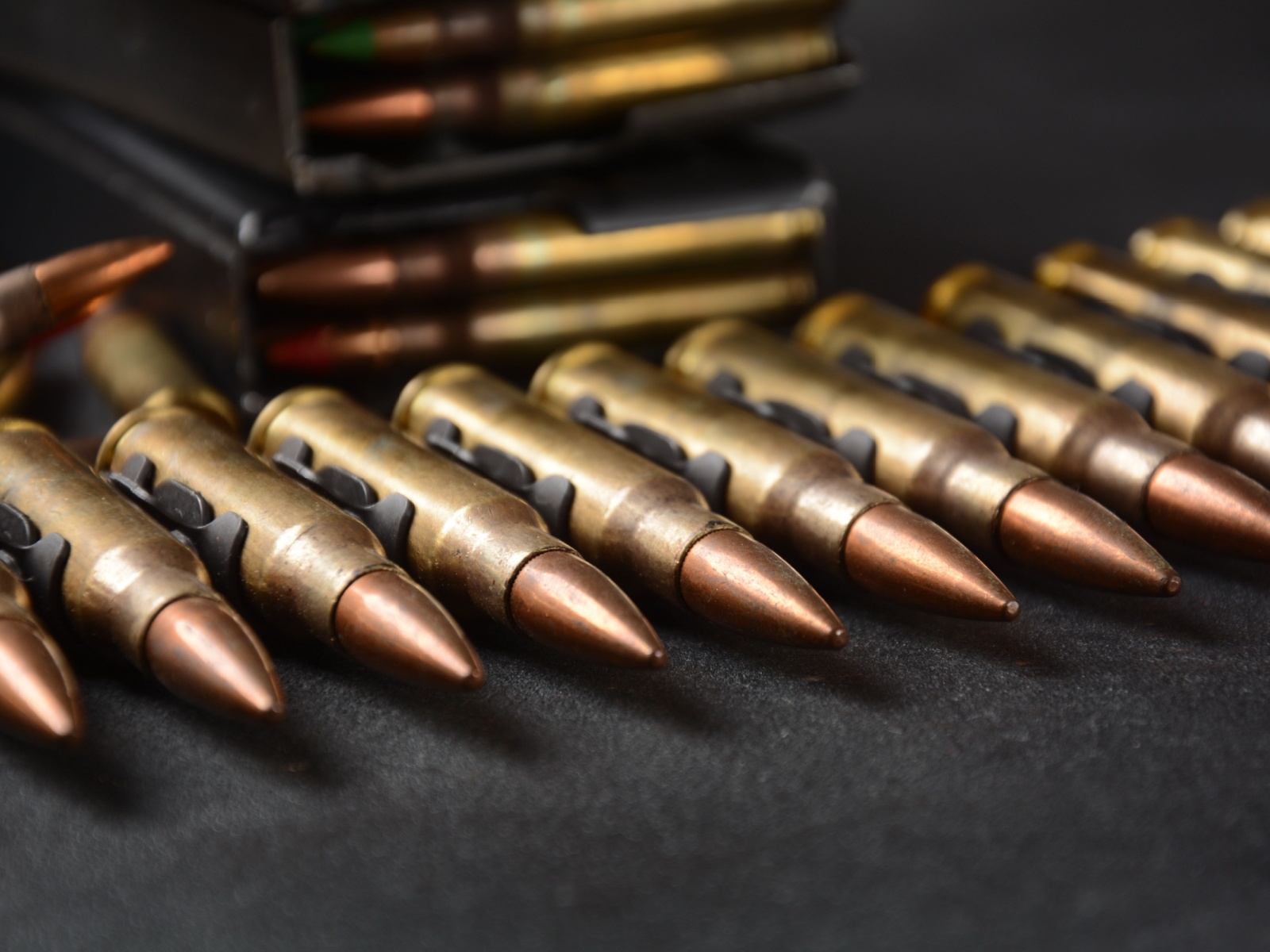ASTM E2546 Flash Point Test for Explosive Compositions
The ASTM E2546 standard test method is a critical procedure used in the military sector to determine the flash point of explosive compositions. This test is essential for ensuring safety and compliance with international standards, which are paramount in the development and testing of weapons and ammunition.
The flash point of an explosive composition indicates the lowest temperature at which sufficient vapor can be produced to form an ignitable mixture near the surface of the sample. Understanding this parameter is crucial in military applications where the safe handling and storage of explosives play a significant role. The ASTM E2546 standard provides a standardized procedure for testing flash points, ensuring consistency across different laboratories.
The test involves placing a small amount of explosive composition into a heated vessel. As the temperature increases, the vapor pressure builds up until it reaches the point where ignition occurs in an open flame. This point is recorded as the flash point. The accuracy and precision of this measurement are vital for ensuring that the explosive compositions meet safety regulations and perform reliably under various conditions.
The ASTM E2546 test method has been widely recognized by military organizations worldwide, including NATO and the United States Department of Defense (DoD). This standard ensures that all parties involved in the development, testing, and procurement of explosives are using consistent and reliable methods. By adhering to this standard, laboratories can provide credible data that is accepted globally.
Compliance with ASTM E2546 is essential for military personnel involved in the research and development of new weapon systems and ammunition. It also ensures that suppliers providing explosive materials meet the necessary safety standards before these materials are used in operational environments. The standard helps to minimize risks associated with improper handling or storage of explosives, thereby enhancing overall safety.
The testing process typically involves rigorous specimen preparation, which includes ensuring uniformity across samples. This step is critical because even minor variations can lead to inaccurate flash point readings. Once the specimens are prepared, they undergo precise heating in a controlled environment until ignition occurs. The temperature at which this happens is recorded as the flash point.
Understanding the flash point of explosive compositions is not only important for safety but also for optimizing performance. For instance, knowing the exact flash point can help in designing more efficient and safer weapon systems. It allows engineers to balance the need for high explosive power with the requirement for safe handling and storage.
The ASTM E2546 test method has been validated against other international standards such as ISO 13780, ensuring its reliability and accuracy. This consistency across different testing methodologies enhances confidence in the results obtained from this procedure.
Benefits
- Enhanced Safety: Ensures that explosive compositions meet stringent safety standards, reducing risks associated with improper handling or storage.
- Consistent Results: Provides a standardized method for testing flash points across different laboratories, ensuring uniformity in results.
- Predictable Performance: Helps in optimizing the performance of weapon systems and ammunition by providing precise flash point data.
- Compliance Assurance: Guarantees that all explosive compositions comply with international standards, facilitating easy procurement and regulatory compliance.
International Acceptance and Recognition
The ASTM E2546 standard is widely recognized by military organizations globally. NATO and the United States Department of Defense (DoD) both mandate compliance with this standard for testing explosive compositions. This recognition underscores its importance in ensuring safety and reliability across different operational environments.
By adhering to ASTM E2546, laboratories can provide data that is universally accepted, which is crucial for international collaboration on defense projects. The standard's acceptance also simplifies the procurement process by ensuring compatibility with global standards.
The widespread adoption of this standard demonstrates its value in maintaining high safety and performance standards across various military applications. Its use ensures that all parties involved are working towards a common goal of safety and reliability, which is essential for the success of any defense project.
Use Cases and Application Examples
| Use Case | Description |
|---|---|
| Weapon System Development | Involves testing the flash point of new explosive compositions to ensure they meet safety and performance requirements. |
| Ammunition Testing | Evaluates the flash point of propellants and explosives used in ammunition to ensure safe handling and storage. |
| Storage Facility Safety | Determines the flash points of stored explosive materials to assess potential hazards and implement appropriate safety measures. |
| Research and Development | Serves as a critical tool for R&D engineers in optimizing the performance of new weapon systems and ammunition. |
| Procurement Standards | Ensures that suppliers provide explosive materials that meet international safety standards, facilitating easy procurement. |





